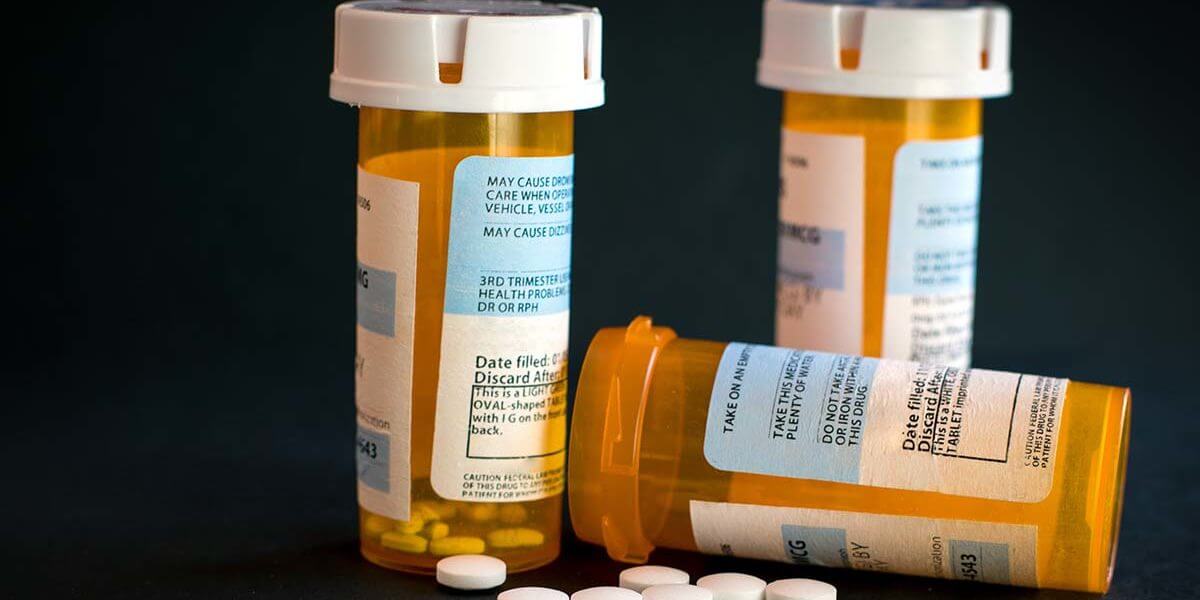The opioid crisis continues to rise across the United States due to a booming and an unprecedented number of medically necessary prescriptions. Unfortunately, women are more likely than men to receive a prescription for pain management and ultimately become persistent opioid users. The opioid outbreak has led to increased numbers of women who struggle with addiction.
Developing the best solution for the opioid epidemic is no easy task. However, at Crossroads Maine, we strive to do our part to prevent addiction to commonly abused opioids. Our treatment specialists have developed a broad range of programs and treatment options to help women of all walks of life find sobriety. Find out about these options online or by calling 877.978.1667.
Causes of Women’s Opioid Use
Men and women experience pain differently. Women may be more sensitive to painful stimuli and have a higher pain threshold that requires more potent medications to control pain. In addition, women are more likely to develop dependency from smaller amounts of opioids and in a shorter period than men, increasing the likelihood of addiction. Medical professionals often prescribe pain-relief medications to treat moderate to severe pain due to:
- Chronic pain such as migraines
- Traumatic injury
- Following surgery
- Cancer-related pain
- Hormonal issues and menstrual cycle pain
At Crossroads Maine, our treatment specialists understand the necessity for prescribed pain-relieving drugs and the risk factors associated with opioid medications. Find out more about the programs and services specifically to address women’s opioid use through the online form or by calling 877.978.1667.
Prevention and Treatment of Opioid Addiction
While pain medication may be necessary for a short period to manage pain, those who are prescribed them should follow strict guidelines to prevent addiction. Physicians create a plan to manage pain without using prescription drugs and offer alternative methods that may include acetaminophen (Tylenol), physical therapy, and an exercise regimen. They should also avoid taking prescription pain medication with alcohol or in combination with any other drug or medication.
Unfortunately, opioids are now more accessible to users and exacerbating the opioid epidemic. If you no longer need prescription pain medication, find a community take-back program to ensure that they are disposed of properly to prevent others from illegally obtaining them.
It’s critical to seek addiction treatment as soon as possible if someone is battling an addiction to opioids. Doing so can improve the woman’s ability to live a healthier, happier life.
Commonly Abused Opioids
Opioids are a class of drugs that include pain relievers available legally by prescription. They can be a safe option if doctors deem it medically necessary, but it is easy to become addicted. Commonly prescribed and abused opioid medications include:
- Tylenol with Codeine
- Oxycontin/Oxycodone
- Percocet
- Vicodin
- Demerol
- Fentanyl
If a doctor’s prescription to one of these medications has led to an addiction, finding treatment can lead to a brighter future.
Getting Treatment at Crossroads Maine
Opioid addiction requires the help and support of treatment specialists and mental health professionals. With evidence-based treatment methods that we tailor to each woman’s unique challenges, recovery is possible.
At Crossroads Maine, we understand the way that opioid abuse can affect a woman’s life. We specialize in individualized treatment to identify and treat all factors that may have led to use and abuse and offer a broad range of evidence-based treatment options, including:
- Dialectical behavior therapy
- Cognitive-behavioral therapy
- Trauma therapy
- Psychotherapy program
- Individual therapy program
Recovery is not just about being free from the substance but about addressing and treating the underlying issues. It is about creating a recovery plan to achieve and maintain lifelong sobriety.
If you or a woman you know is faced with opioid abuse and addiction, contact one of our specialists through the online form or by calling 877.978.1667 today.


















